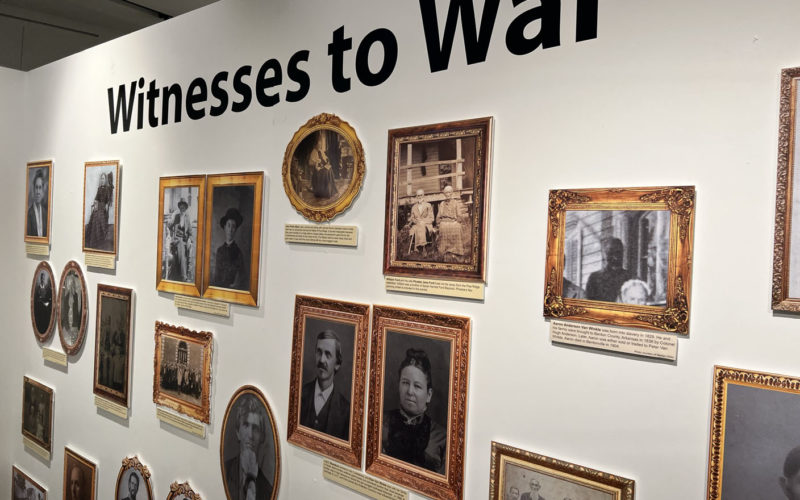BECCA MARTIN-BROWN
bmartin@nwaonline.com
One is a celebration. One is a lamentation.
One travels back in time to the 1860s, “a period of American history that continues to haunt our state and national persona.”
One marks a period in Rogers history so recent that it didn’t end until 2001.
Both were inspired by new information — one by new research “related to specific Benton County residents during the Civil War” and the other by “a large donation” of never-before-exhibited items from the Rogers Vinegar Company plant, proof of an industry that “could be compared to the impact of Walmart on Northwest Arkansas today.”
And both exhibits will be on show in July at the Rogers Historical Museum.
“The Rogers Historical Museum’s collection currently consists of over 65,000 objects spanning from the mid-1800s to today,” says the museum’s director, Serena Barnett. “These objects include everything from clothing to furniture, newspaper articles to photographs, and household wares to farm implements.
“As our collection continues to grow, we, as historians, often look for objects that provide us with either a rediscovered story from our local past that hasn’t been told before, or objects that are able to add to or retell a known story, possibly even your own family’s story, from a new perspective.”
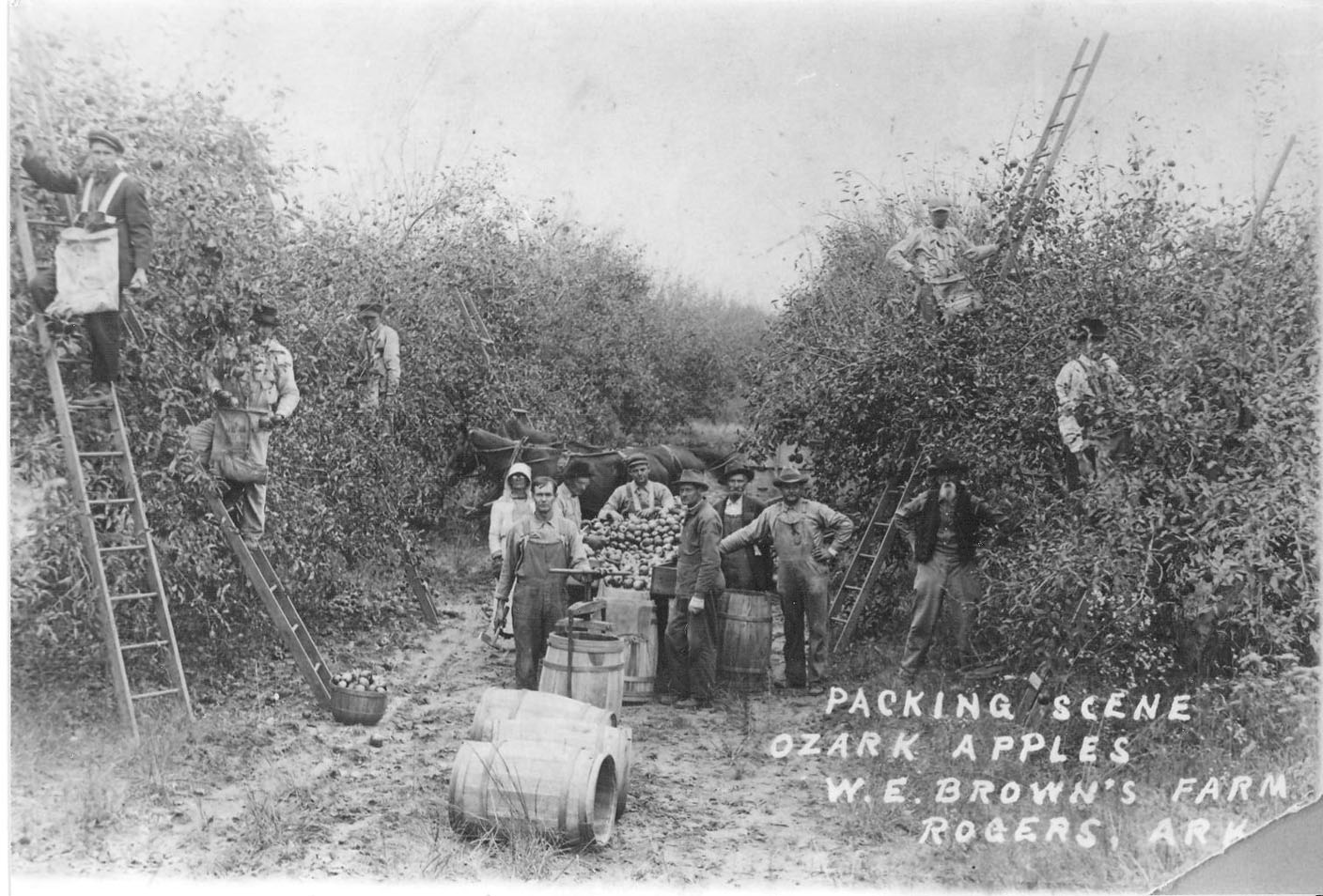
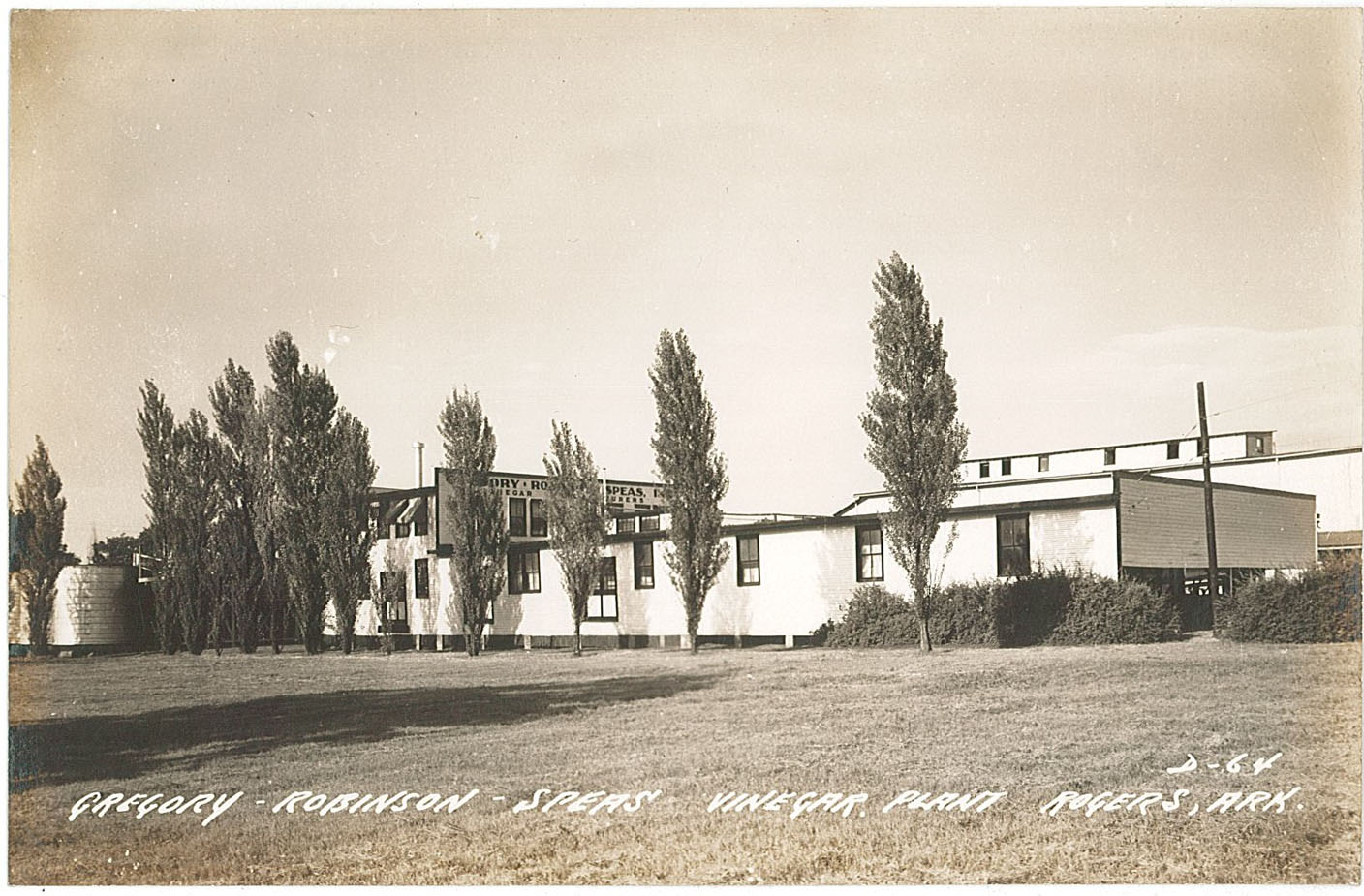
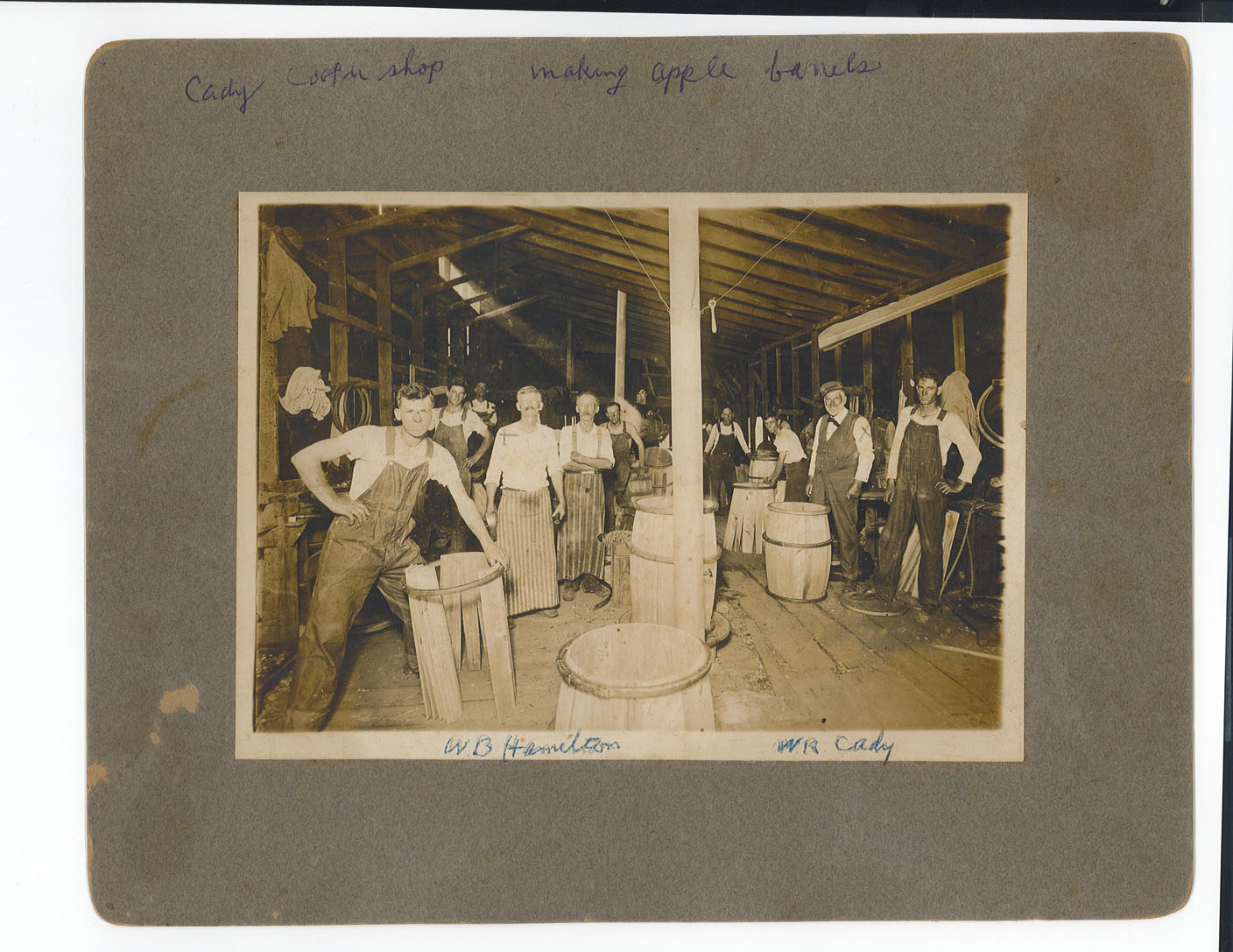
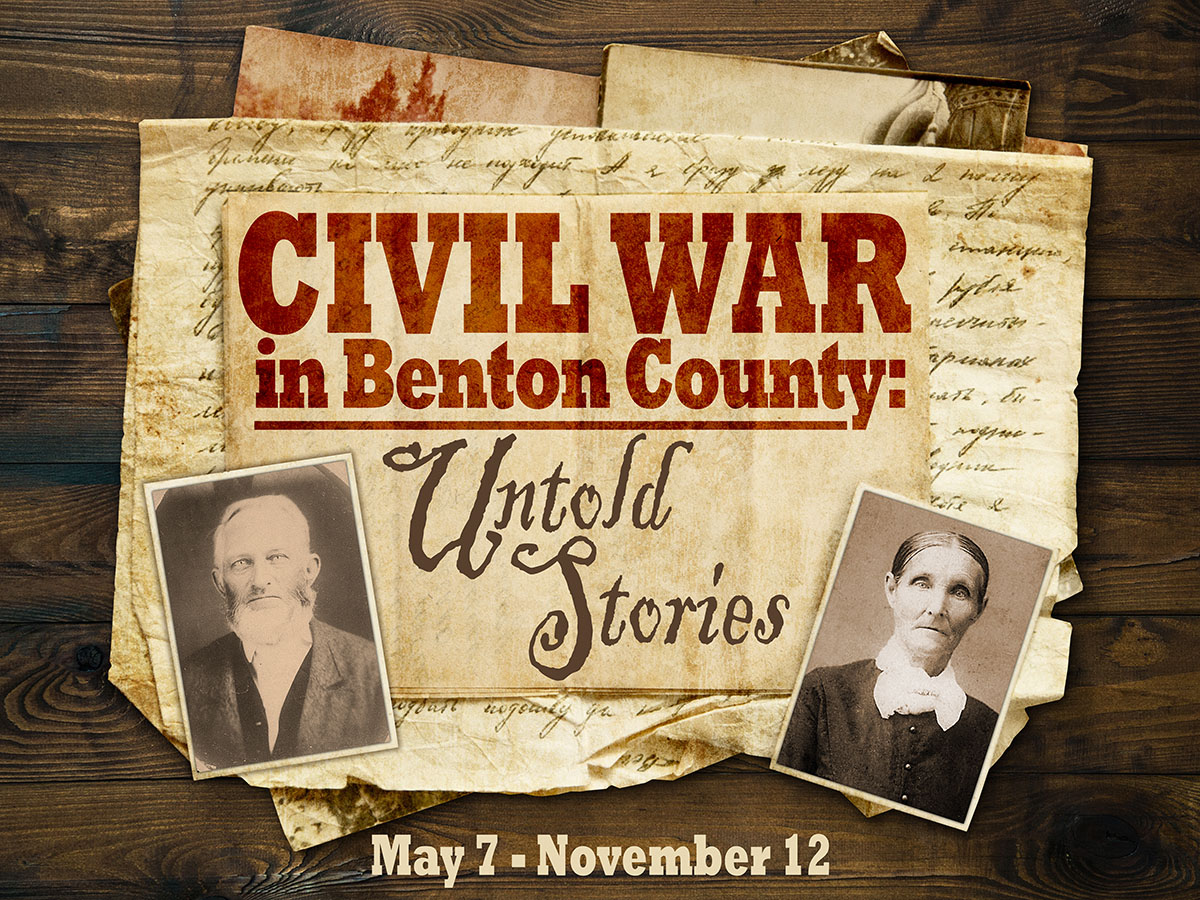
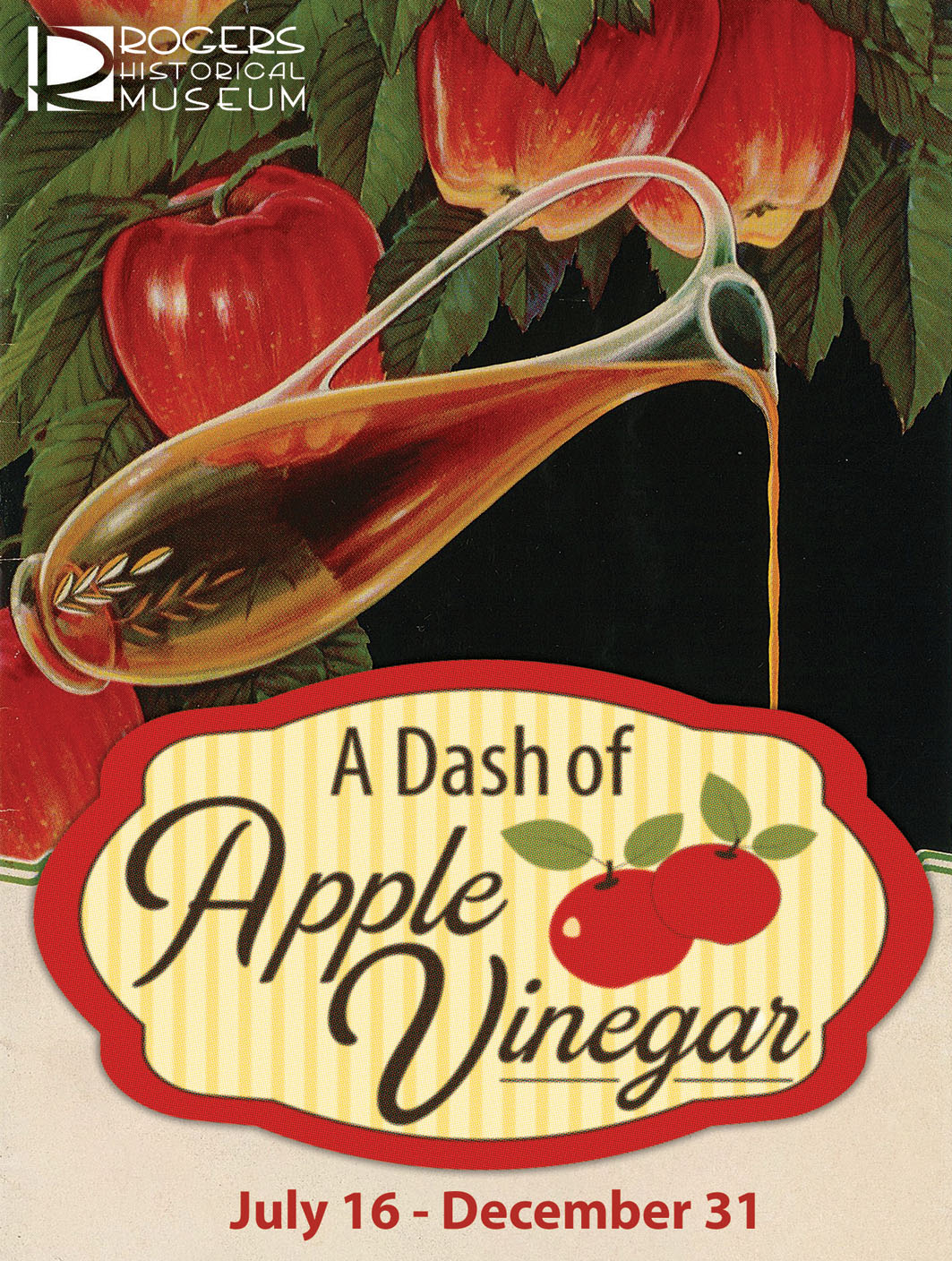
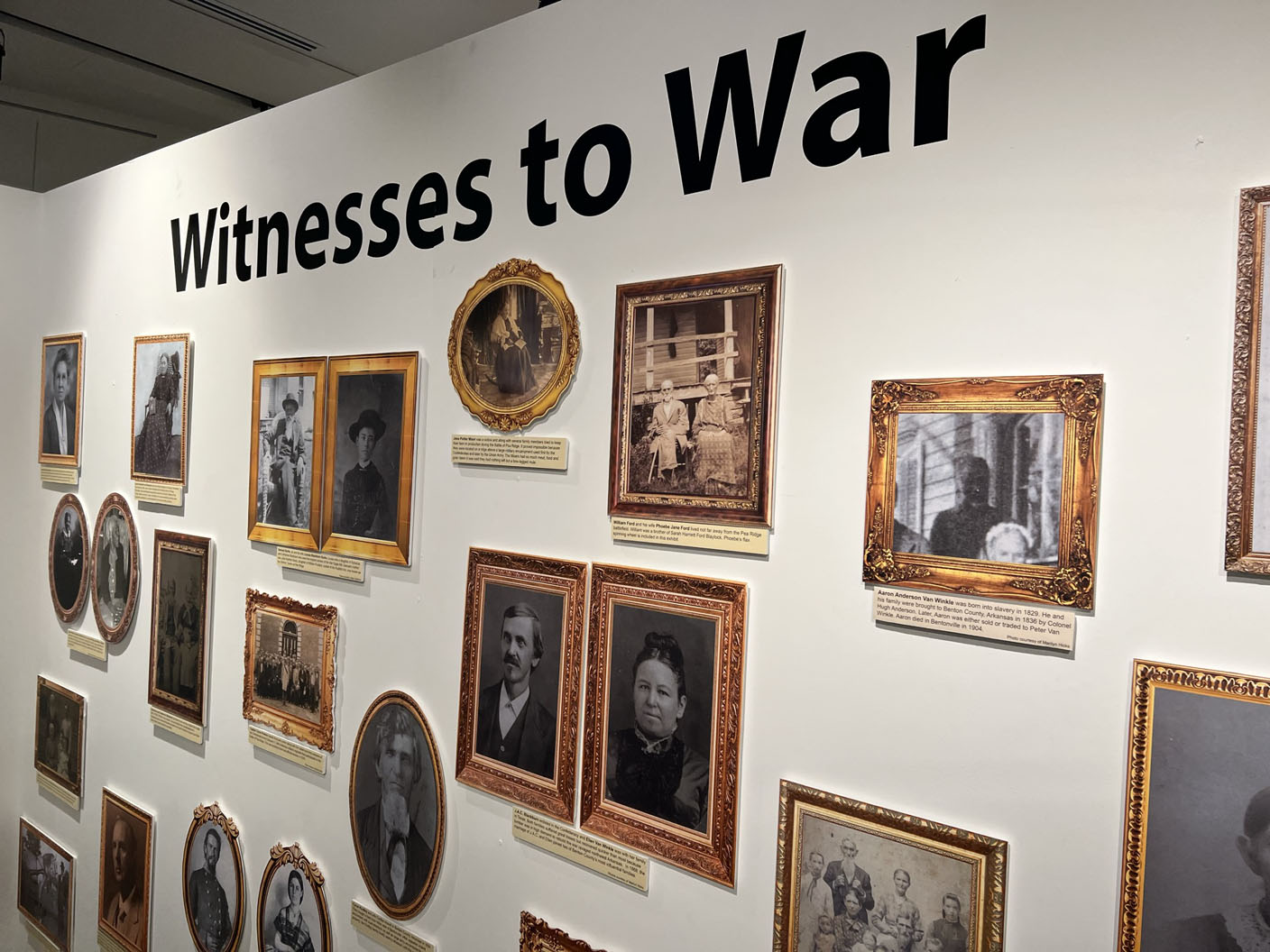
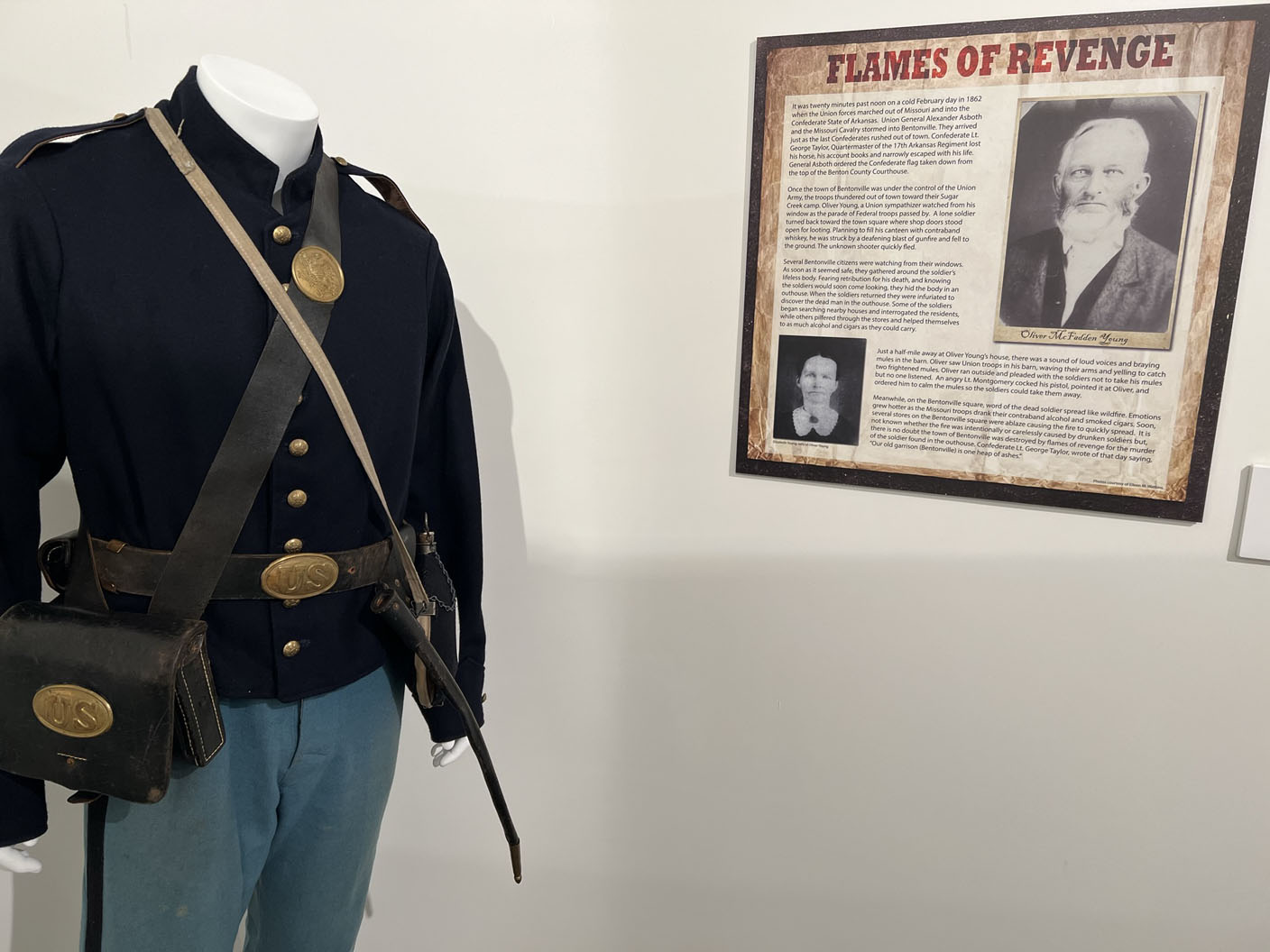
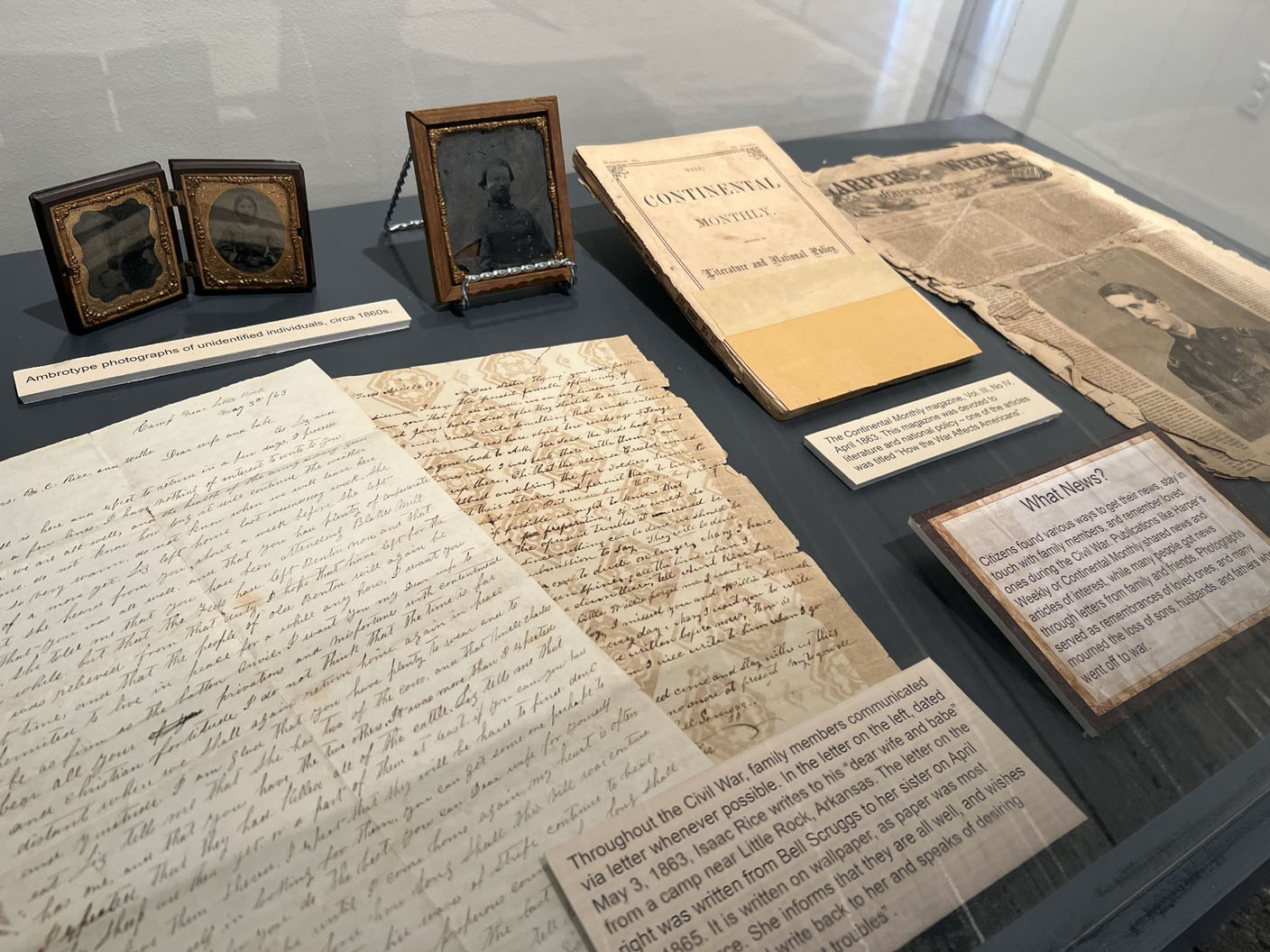
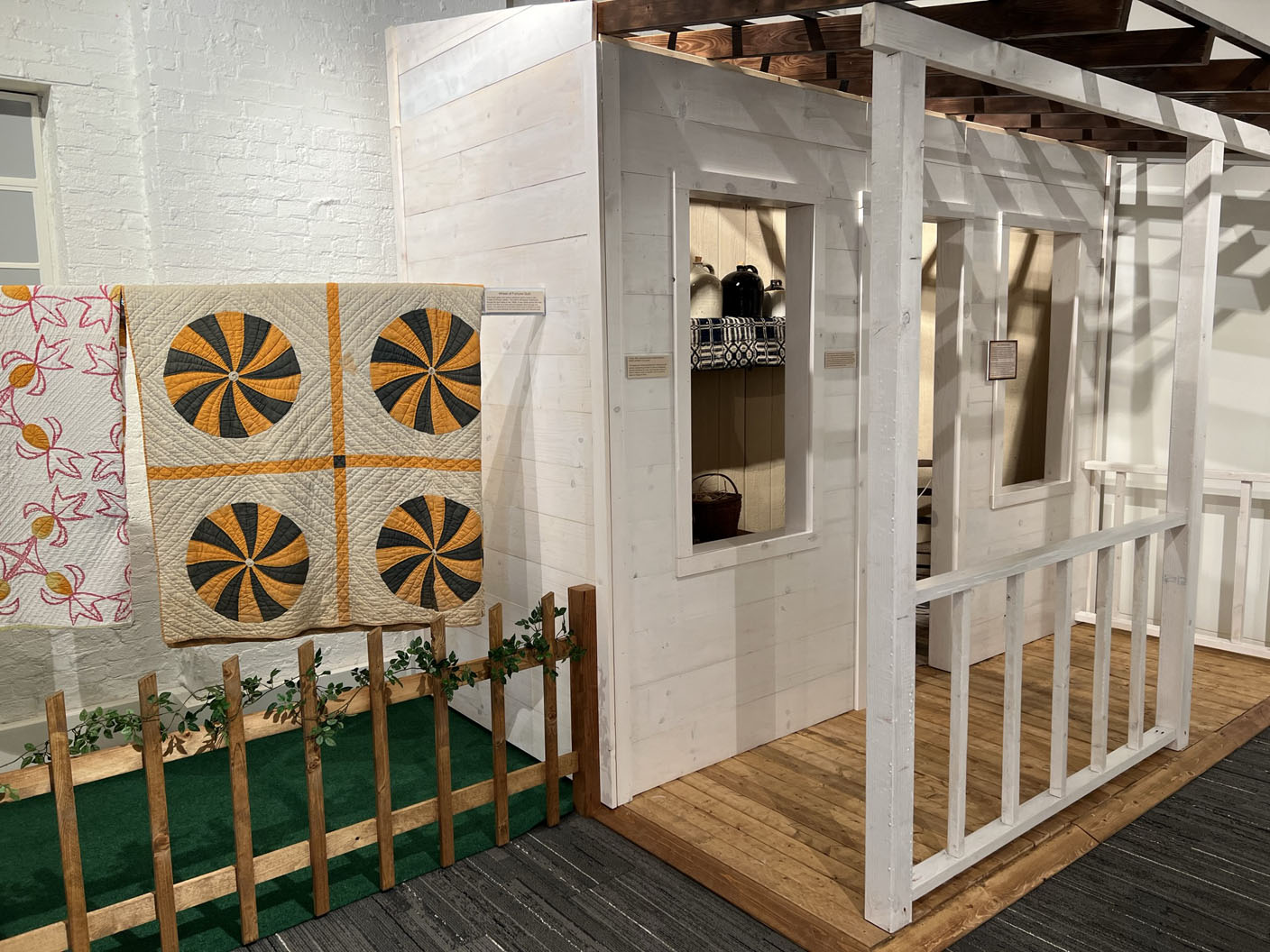
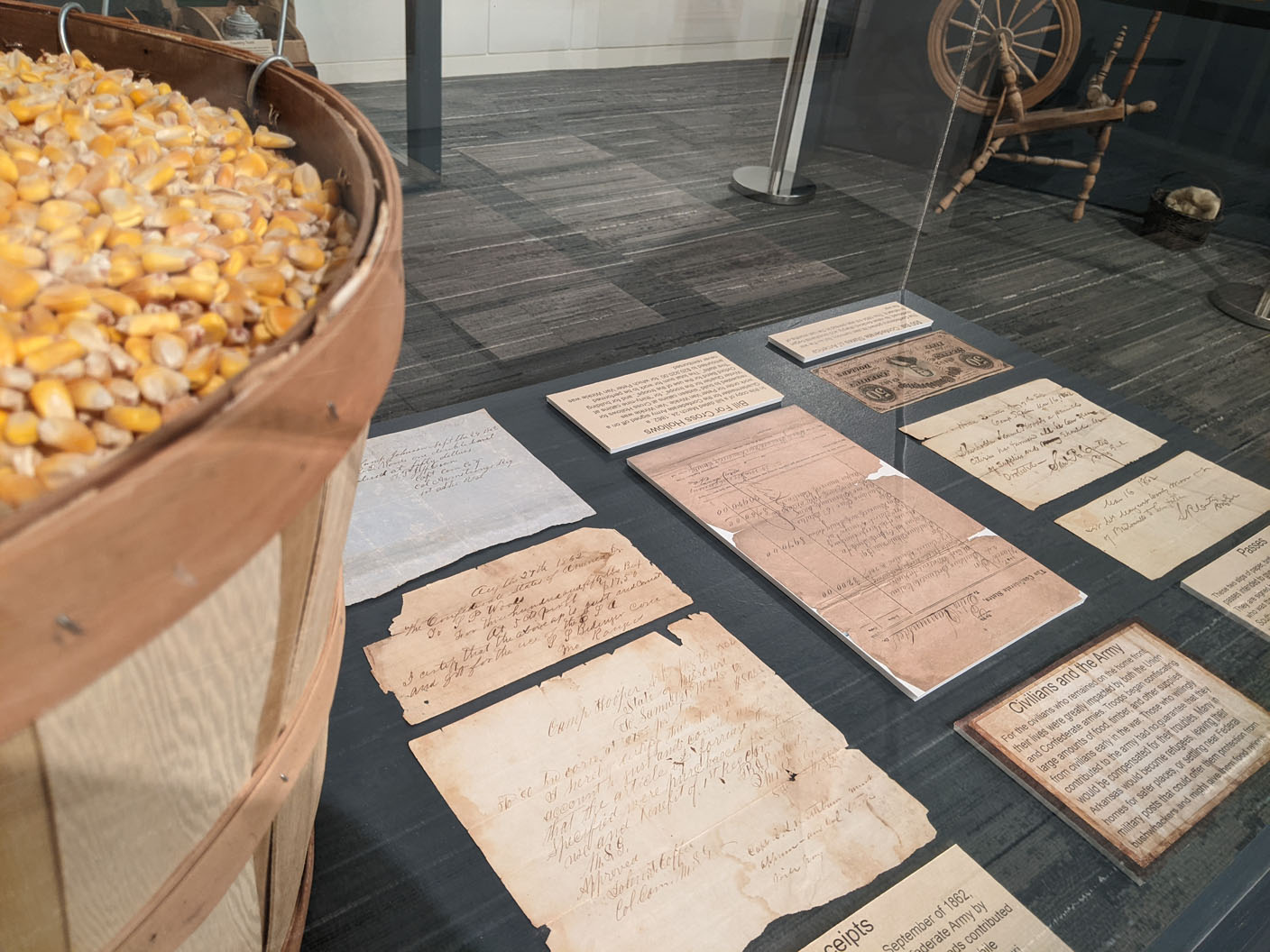
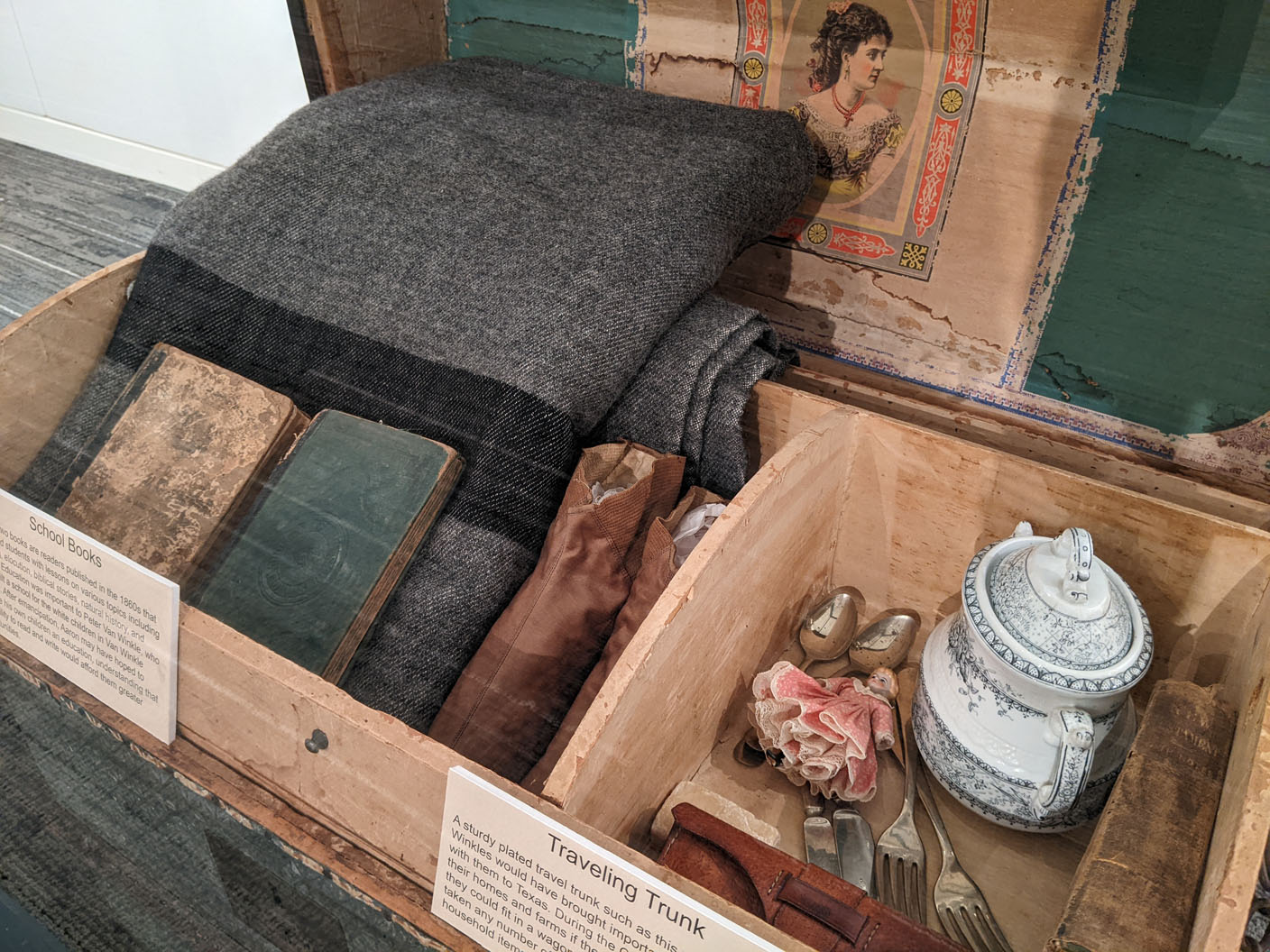
‘Civil War in Benton County: Untold Stories’
“There are many historians that focus primarily on the military aspects of the Civil War,” says Rachel Smith, assistant director of the museum and curator of collections. “While these sources of information are critical for understanding the war, there is much to learn about the civilian side of the story.
“It is harder to research the civilian perspective because sources are fewer and more difficult to find,” Smith continues. “Our information came from original documents, census records, historic news articles, site visits and interviews. When viewed together, these sources create a picture of the diverse experiences of civilians during the Civil War in Benton County.
“The vast amount of research was pared down to highlight five specific stories that cover a range of experiences from Confederate sympathizers to Unionists, enslaved and free, men, women and children,” she adds.
In the beginning, Smith says, “many white residents of Benton County initially supported the war effort by either enlisting in the Confederate army or by contributing supplies, labor and money. However, there was also strong Unionist sentiment in Northwest Arkansas.”
Later in the war, she adds, neither side was winning on the home front.
“Benton County was extremely difficult and dangerous,” Smith says. “Several significant battles occurred here, armies were encamped, food was scarce, and those families that could flee to other places did so. For the families that stayed, they faced threats of guerrilla warfare, many lost homes and property, and [others] had goods and livestock confiscated by both armies.
“The war visited great suffering on the people of Arkansas and Benton County, and the battles of the Civil War played out even on their front doorstep.”
According to Monte Harris, programs educator for the museum, the exhibit features fascinating artifacts including a section of the Ruddick family coverlet that survived the Battle of Pea Ridge, letters, documents, and clothing from Civil War-era Benton County.
But it also literally gives a face to those who survived the war years, Smith adds, via a gallery wall of portraits and new information about a Civil War era farm colony created near Bentonville with the help of Col. Marcus Larue Harrison “to assist and protect the suffering women and children of Northwest Arkansas.”
Asked what she hoped visitors take away from the exhibit, Smith quoted Lt. George Taylor, 17th Arkansas Confederate Infantry, 1861. “Heaven help a country where an army must linger be it friend or foe.”
“Lt. Taylor’s sentiments expressed the reality that the Civil War brought destruction, heartbreak and change for many people regardless of their personal views or previous circumstances.”
FAQ
‘Civil War in Benton County: Untold Stories’
WHEN — Through Nov. 12; museum hours are 10 a.m.-4 p.m. Tuesday-Saturday
WHERE — Trammel Gallery at the Rogers Historical Museum, 313 S. Second St.
COST — Free
INFO — 621-1154 or rogershistoricalmuseum.org
‘A Dash of Apple Vinegar’
Opening July 16, another new exhibit at the Rogers Historical Museum looks at the era when apples were the backbone of the Northwest Arkansas economy. Not only were trainload after trainload of apples shipped out of the region, but a second industry rose in prominence to take care of the “bad apples” — those more suitable for making apple cider vinegar.
“The exhibit was inspired by a large donation of items from the Rogers vinegar plant that came to the museum in 2020,” says Smith, who is also curator of the exhibit. “Together with items previously in the collection, we had more than enough to talk about the apple cider vinegar industry in Rogers.
“The exhibit will include an antique workbench from the Rogers Vinegar Company plant, a number of coopering tools for making wooden barrels, and a wide variety of historic bottles and memorabilia related to the apple cider vinegar industry. There is even a hand-painted necktie advertising Rogers brand vinegar!”
The plant was located at the corner of Second and Cedar streets, adjacent to the railroad tracks, and operated from 1905 until 2001. The Frisco railroad operated a private switch directly to the vinegar factory, allowing goods to be shipped in and out easily.
“The impact of the apple industry and the apple cider vinegar industry on Rogers and Northwest Arkansas was enormous,” Smith explains. “This area was nationally recognized as one of the largest producers of apples and apple products. It brought prosperity to Rogers and the surrounding area, and supported a variety of other industries including transportation, barrel manufacturers and packing plants.”
Smith hopes visitors to the exhibit “will appreciate how important the apple industry and the apple cider vinegar industry was to Rogers. While the apple industry peaked in the 1920s and the vinegar plants all closed, the industry was a major economic force in Rogers that laid the economic foundations for Rogers and Northwest Arkansas to be what it is today.”
FAQ
‘A Dash of Apple Vinegar’
WHEN — July 16-Dec. 31; museum hours are 10 a.m.-4 p.m. Tuesday-Saturday
WHERE — Collections Gallery at the Rogers Historical Museum
COST — Free
INFO — 621-1154 or rogershistoricalmuseum.org

